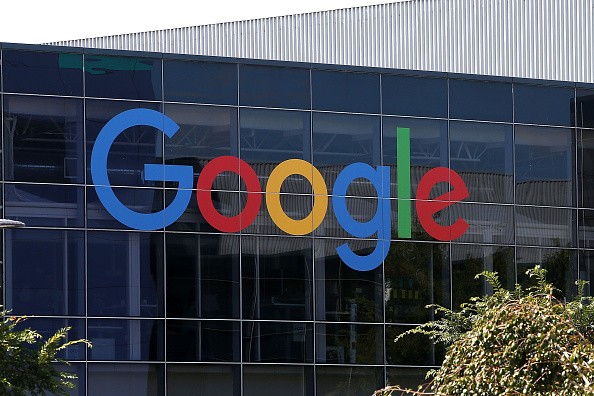United States tech titans and arch rivals Google and Microsoft have ended their decade-long fight. However, they will still compete with each other as businesses. Both Google and Microsoft have decided they will not issue regulatory complaints against each other in the United States and abroad.
"Microsoft has agreed to withdraw its regulatory complaints against Google, reflecting our changing legal priorities," a representative from the company told Re/code. "We will continue to focus on competing vigorously for business and for customers." On its part, Google gave a similar statement that it will likewise withdraw its regulatory complaints against Microsoft so that both firms would compete not legally, but on their products.
The two firms had a non-friendly relationship in the past and it was typical for their former chief executives Steve Ballmer and Eric Schmidt to exchange barbs. Things are different now since both enjoy a more respectful relationship.
Under the leadership of Microsoft's Satya Nadella and Google's Sundar Pichai, tensions have been cooled. Nadella congratulated Pichai when he was named Google CEO. The two firms worked together on Angular JavaScript development framework in Mountain View which is now making use of Typescript, a programming language of Microsoft.
Microsoft's drop of regulatory complaints against Google was a good timing as the latter has issues to face in the European Union. The European Commission filed charges against it over the Android mobile platform. EC charged the company for allegedly "preventing competition" in the marketplace, according to EC's press release on April 20, Wednesday.
The EC said Google requests manufacturers to install its Chrome browser and Search on Android devices so they use Play Store. It stops vendors from using non-Google versions of the mobile OS. The Mountain View, California company allegedly issued payments to firms and mobile operators for using its default search engine.
The Internet search giant has 90 percent market share in Europe. According to EU Competition Commissioner Margrethe Vestager, it has created an environment that suppresses the development of other platforms that could morph into credible OS for competing services and apps. Google disagreed, and claimed that the open-source Android which is based on open innovation, has fostered a sustainable and remarkable ecosystem.
It could cost Google 10 percent of its global revenue if found guilty of anti-competitive behavior. Last year, it was charged by EU with antitrust behavior by promoting comparison-shopping services in search results. The union argued the search firm favored its own shopping services.
Microsoft was among Google's vocal critics in its dominance in the EU, and had its fingerprint in the two charges filed against Google by the EU. Having received antitrust fines itself, the Windows software maker has urged EU regulators to dish out charges against Google.
Microsoft and Google can work together in a friendly relationship despite competition, the following video said.



























